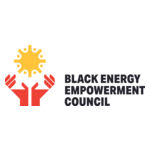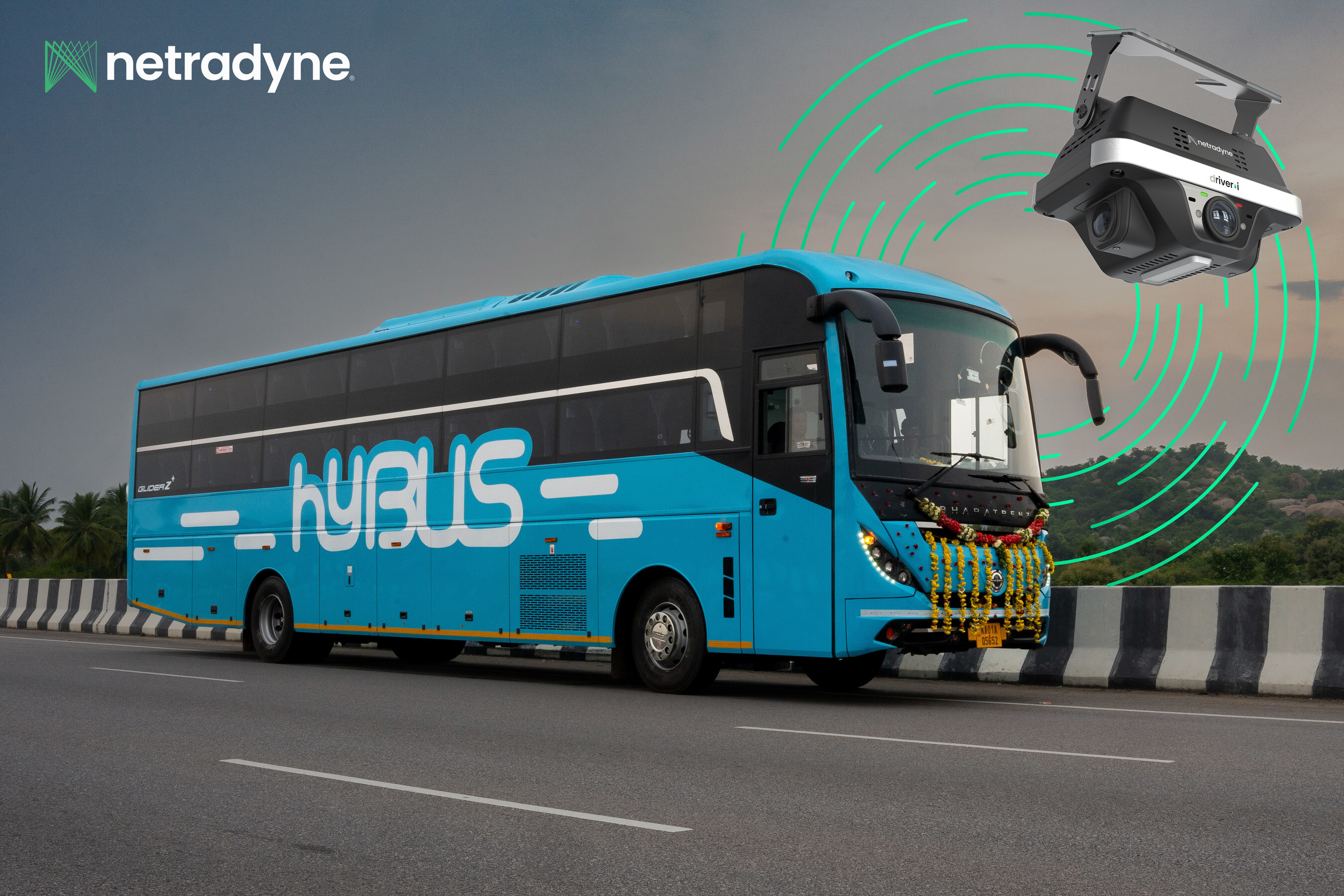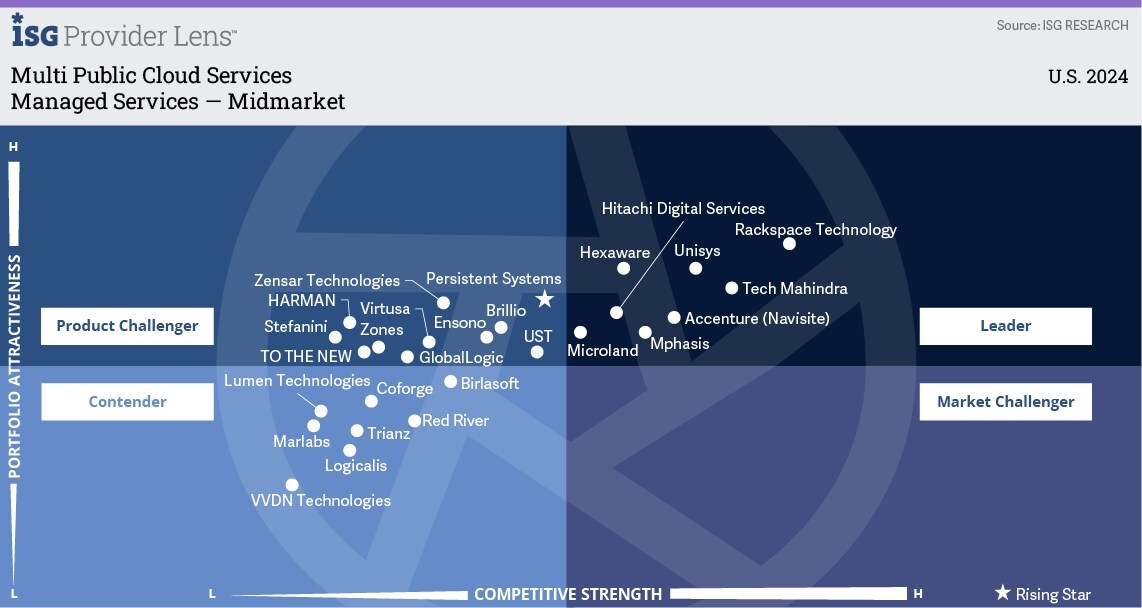New Organization Advocates for Energy Justice, Affordability, and Economic Resilience for Black Americans
Black Energy Empowerment Council Launches to Drive Fair and Equitable Energy Access for Black Communities Amid Shifting Political Landscape
Gail Adams
281-702-4201
gaila@blackenergyempowermentcouncil.org
Today, the Black Energy Empowerment Council (BEEC) proudly announces its launch as the first organization dedicated solely to advocating for fair and equitable energy access within Black communities nationwide. Founded on the principles of energy justice, resilience, and accessibility, BEEC’s mission is to address the economic, social, and environmental disparities that Black Americans face in accessing affordable and reliable energy.
The 2024 election underscored a shift in political alignment. This change reflects a nuanced landscape for energy policy, where economic concerns, job stability, and household costs play a more significant role in shaping the values and priorities within Black communities. BEEC aims to bridge these concerns, recognizing that access to affordable, reliable energy is a bipartisan issue that affects all households, particularly in communities where energy costs and environmental impacts are disproportionately high.
“Every family deserves access to affordable, reliable energy—without sacrificing economic stability,” said Gail Adams, BEEC’s founding director. “As political views shift, the need for energy equity remains a pressing, unifying concern. We are stepping up to ensure Black voices are heard in energy policy discussions, addressing Black communities' unique challenges with tailored solutions that resonate across the political spectrum.”
BEEC’s initiatives focus on addressing the following areas of unequal burden:
- Higher Energy Burdens: Black households experience an energy burden that is 43% higher than non-Hispanic white households, primarily due to older, less energy-efficient housing and higher energy costs in their neighborhoods.
- Health Disparities: Energy insecurity has significant health consequences, and Black households are more than twice as likely to have their utilities disconnected as white households, leading to inadequate heating in winter and lack of air conditioning in summer, both of which contribute to respiratory illnesses, mental health strain, and heightened vulnerability for children and the elderly.
- Educational Disadvantages: Energy insecurity disrupts learning environments, especially in Black communities, where limited access to reliable electricity leads to poor lighting, inconsistent internet access, and uncomfortable study conditions. An estimated 35% of Black households face energy instability, and students in these homes struggle to keep up academically, further widening the educational achievement gap.
- Economic Vulnerability: Black communities spend a disproportionately high percentage of their income on energy costs, leaving them with less disposable income for essentials like housing, healthcare, and education. This financial strain, combined with systemic wage gaps, perpetuates cycles of poverty and restricts economic mobility. Research shows that reducing energy burdens by just 10% could free up to $1,200 annually per household for other essential needs.
By amplifying community stories and raising awareness of these pressing issues, BEEC aims to inspire policymakers and citizens to act for more fair and equitable energy systems. Regardless of political affiliation, Black communities deserve more than just access to energy—they deserve fair and equitable participation in shaping the policies that impact their lives.
As BEEC launches its mission, it invites community members, advocates, and policymakers to join the movement. Together, we can build a more just, sustainable, and affordable energy future that benefits all.
Black Energy Empowerment Council
The Black Energy Empowerment Council exists to create lasting change in energy access and equity for communities of color. We aim to dismantle systemic barriers that prevent fair and affordable energy services by advocating for policies that reflect the needs and realities of underserved populations. BEEC works to ensure that energy policy is shaped inclusively, benefits are distributed justly, and challenges are addressed holistically.
View source version on businesswire.com: https://www.businesswire.com/news/home/20241113997020/en/









